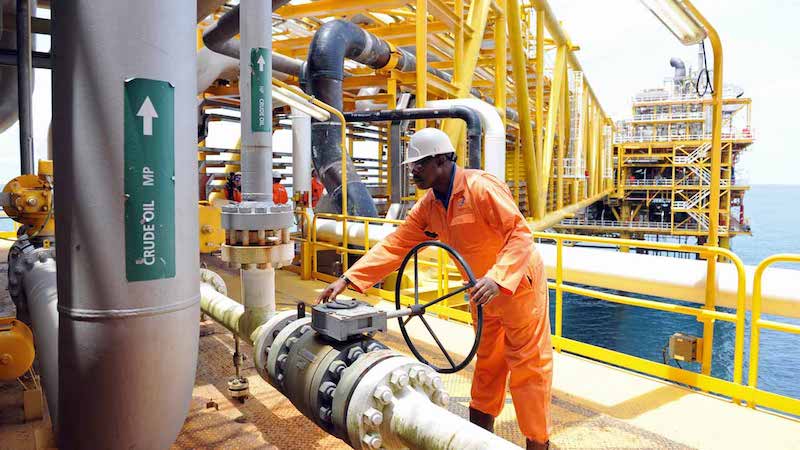Nigeria's crude oil production experienced a 7.94% decline month-on-month, dropping to 1.322 million barrels per day (bpd) in February 2024 from 1.427 million bpd in January 2024, according to the OPEC monthly oil market report (MOMR). The figure for February was directly communicated by Nigeria to OPEC authorities. However, based on secondary sources, Nigeria's daily crude oil production for February was recorded at 1.47 million barrels, representing an increase of 47,000 barrels per day.
Despite facing challenges in meeting OPEC's quota, Nigeria maintained its position as Africa's largest oil producer among the continental members of the oil bloc. Libya followed as the closest rival with an oil production of 1.17 million barrels per day, followed by Algeria with 906,000 barrels daily. The global oil production for 2024 from non-OPEC producers is projected to increase by 1.1 million barrels per day, while OPEC countries' projected output is expected to average around 5.5 million barrels daily, reaching 64,000 barrels daily.
The drop in crude oil production for February marks the second consecutive month in 2024 that Nigeria has failed to meet the target crude oil production benchmark set in its budget and its production quota as stipulated by OPEC. Nigeria had proposed a daily crude oil production of 1.78 million barrels for 2024, while OPEC pegged its production at 1.5 million barrels daily. The reduced crude oil production negatively impacts the federal government's revenue generation plans and affects the Central Bank of Nigeria's ability to increase foreign exchange liquidity to stabilize the value of the naira.
In response to these challenges, President Tinubu recently signed a series of executive orders aimed at making the Nigerian oil industry more appealing to investors. These orders include reducing contract cycles to a maximum of six months and providing specific financial incentives for deepwater investments.




